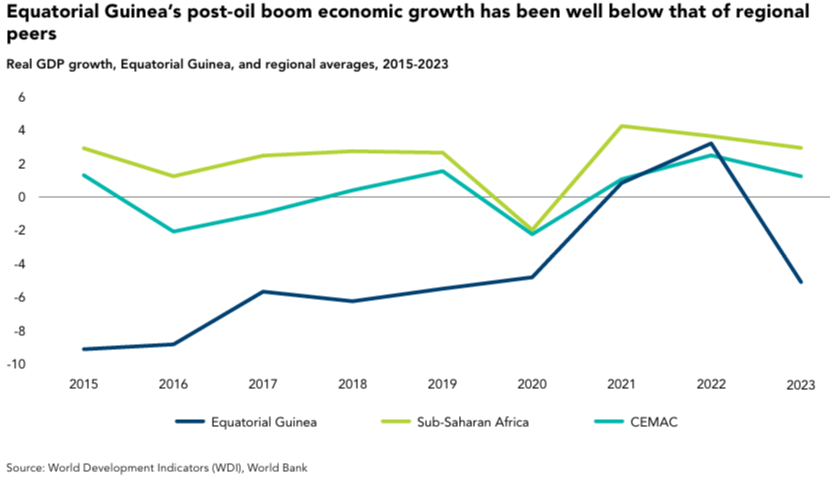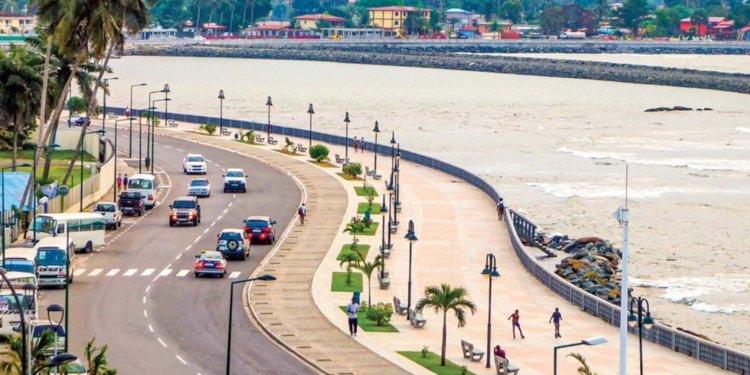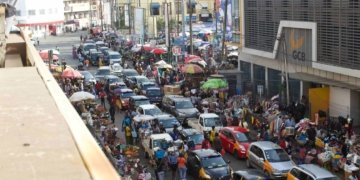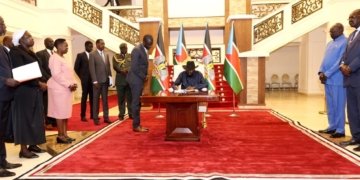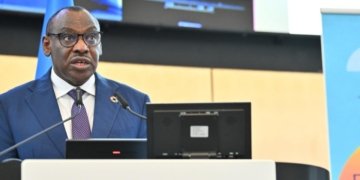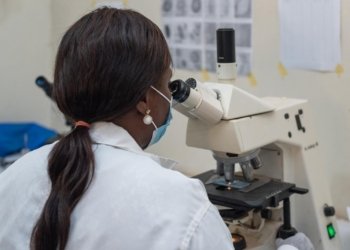MALABO, Equatorial Guinea (BG) — Equatorial Guinea must diversify its economy beyond oil, invest in human capital and strengthen institutions to reverse economic decline, according to a World Bank report.
The report, titled “Equatorial Guinea Country Economic Memorandum – Building the Foundations for Renewed, More Diversified and Inclusive Growth,” highlights the impact of dwindling oil revenues, which have driven the country into a prolonged recession and reversed social progress.
Once among Africa’s upper-middle-income nations, Equatorial Guinea has suffered six years of economic contraction since 2015, briefly rebounded, then fell back into recession in 2023. National per capita income is now less than half its 2008 peak.
“Equatorial Guinea has the potential to transform its economy and improve the lives of its citizens,” said Aissatou Diallo, World Bank resident representative.
“However, this requires bold policy actions to build the foundations for renewed, diversified, and more inclusive growth,” Diallo stressed.
The hydrocarbon sector accounts for 39% of GDP, 76% of exports and 86% of government revenue, yet provides few jobs. Without major reforms, per capita income is expected to keep declining.
The report outlines key policy recommendations to stabilize and diversify the economy.
It urges fiscal discipline, better public financial management and stronger governance, including full implementation of the country’s Anti-Corruption Commission.
Raising non-oil revenue, reducing subsidies for state-owned enterprises and improving transparency in oil wealth management are also recommended.
Investment in education, healthcare and workforce development is critical, the report states, as the country ranks low on the Human Development Index.
It calls for prioritizing primary education, improving public health and expanding social protections.
To attract private investment and stimulate economic diversification, the report advises addressing barriers such as legal uncertainty, limited access to credit and weak digital infrastructure.
It also highlights opportunities in eco-tourism, trade facilitation and digitalization.
“The recent decrease in Equatorial Guinea’s hydrocarbon production and the volatility of oil prices are a strong reminder of the need for the country to reduce its exposure to global commodity markets,” said Djeneba Doumbia, lead author of the report.
“Sustained policy actions and efforts to develop the non-oil sector, boost human capital development, enable the private sector, and strengthen legal, fiscal, and economic institutions can help promote resilient, sustained, and inclusive growth,” Doumbia added.
